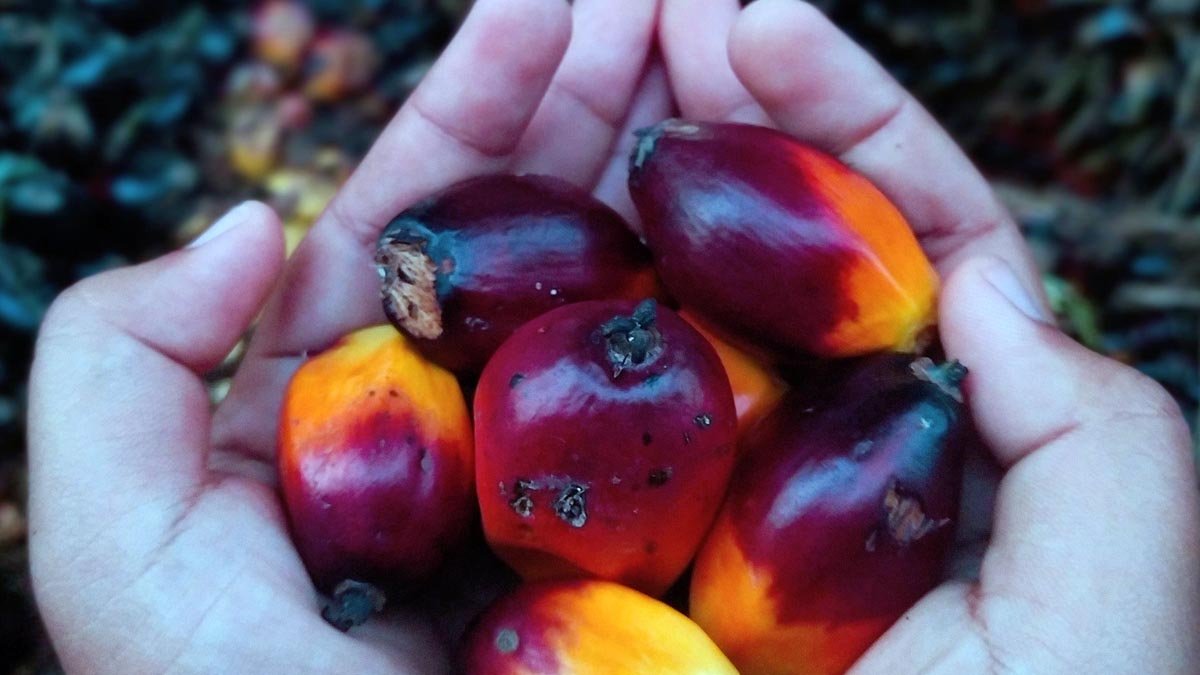PALMOILMAGAZINE, BALIKPAPAN – East Kalimantan Governor H. Rudy Mas’ud (Harum) emphasized the importance of sustainable palm oil management as a cornerstone of the regional economy and a key support for the development of Indonesia’s new capital, Ibu Kota Nusantara (IKN).
East Kalimantan currently has between 1.34 and 1.57 million hectares of productive palm plantations, producing around 17–19 million tons of fresh fruit bunches (FFB) annually. According to Harum, this vast potential will only deliver maximum benefits if managed under sustainability principles.
“Sustainability, and the balance between economic, social, and environmental aspects, are principles we must uphold so that palm oil truly becomes a blessing for the people,” Harum stated, as quoted by Palmoilmagazine.com from the East Kalimantan provincial government, Saturday (Sept 13, 2025).
Also Read: 111 Smallholders in Aceh Gain Skills for Sustainable Palm Oil Management
Harum was also awarded the title of “Indonesia Palm Oil Governor,” recognizing his role in advancing downstream development, product diversification, and strengthening the green economy in the plantation sector.
Other key issues highlighted include empowering palm oil SMEs, creating job opportunities for younger generations, and ensuring palm oil contributes directly to the progress of IKN. The East Kalimantan Plantation Office (Disbun) stressed that cross-sector collaboration is vital to ensure palm oil not only drives industry growth but also reinforces the region’s socio-economic resilience.
“Palm oil in East Kalimantan must serve as a competitive green economy engine, delivering tangible benefits both for the province and the nation,” said Taufiq Kurrahman, Head of Processing and Marketing at Disbun East Kalimantan.
To further strengthen this role, Disbun East Kalimantan also showcased regional flagship products through Toko Kebun Kaltim, a platform to promote palm-based products and other plantation commodities. This initiative underscores the agency’s role not only as a regulator but also as a facilitator, opening wider market access for farmers and entrepreneurs. (P2)
